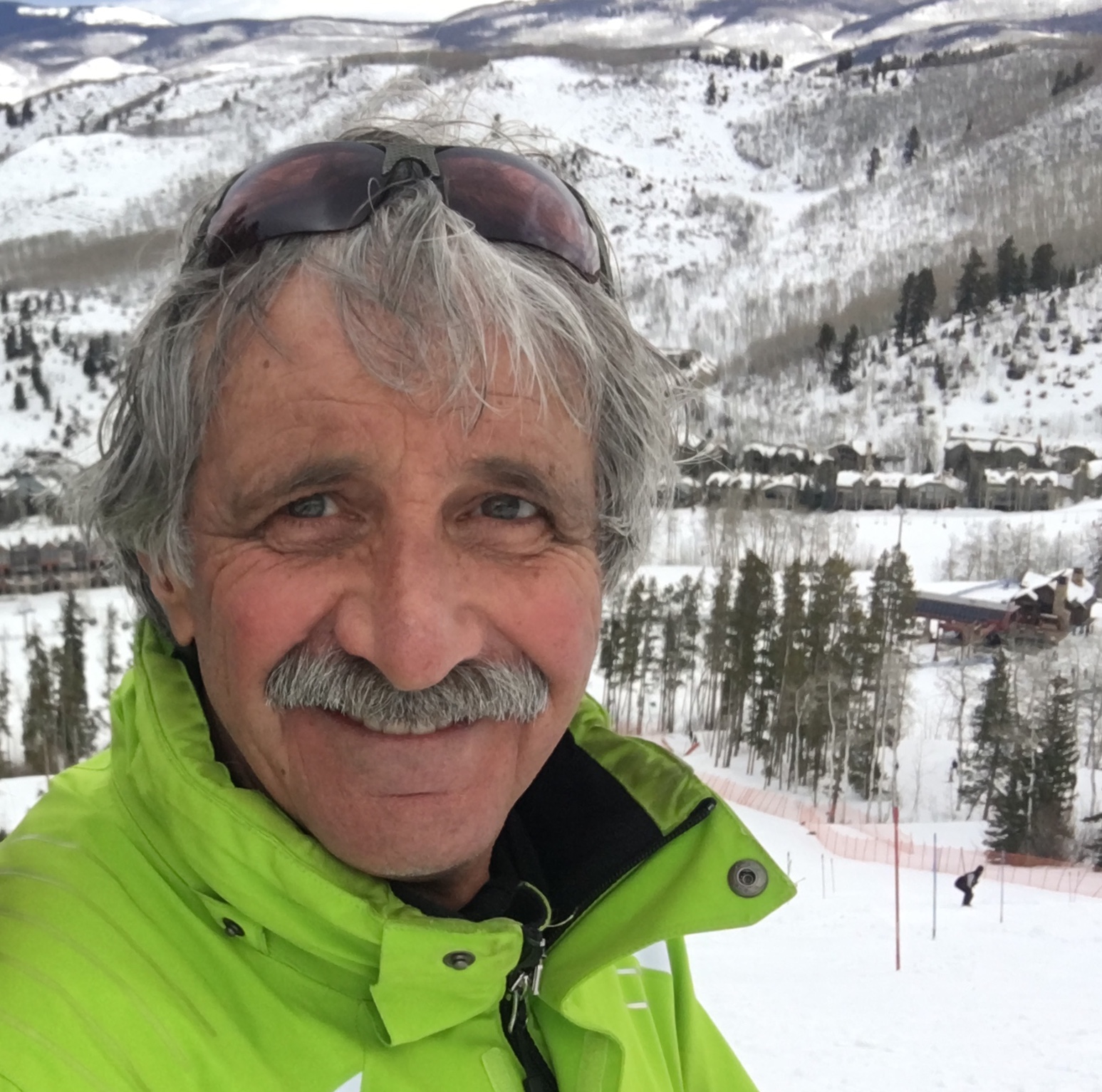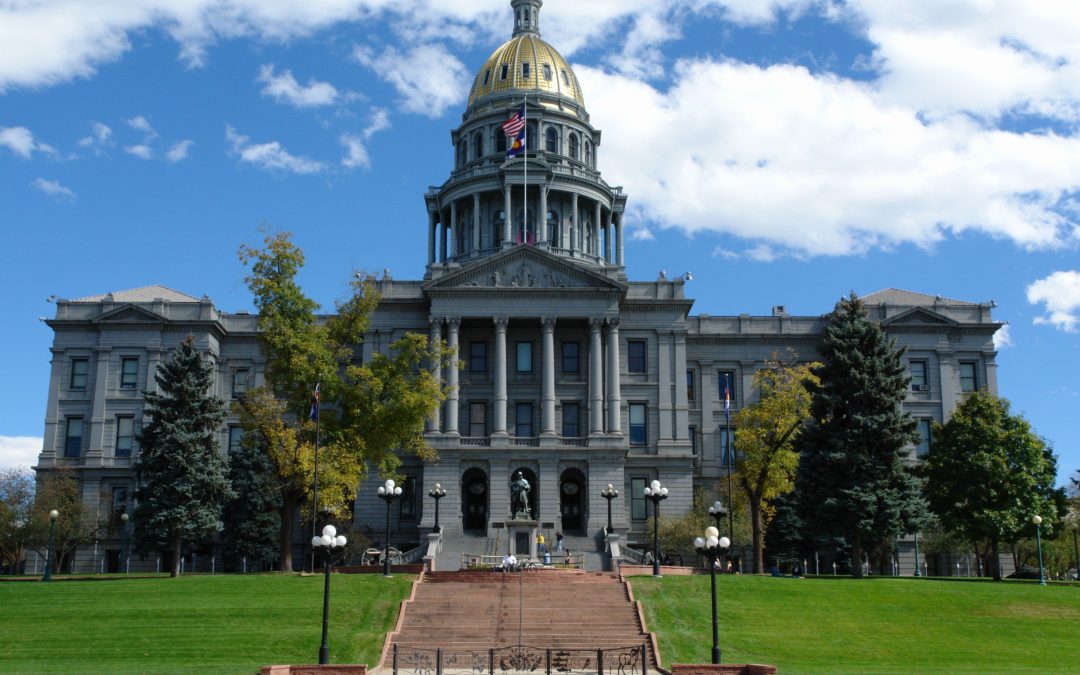By Larry Morandi
The Colorado General Assembly closed out its 2018 session on May 9. The legislature took final action on two of the six bills previously reported in this “Capitol Beat” series, passing one (SB18-218, Funding Colorado Water Conservation Board Projects) and defeating the other (HB18-1301, Water Quality Impacts of Mineral Mining). Here’s the status of all six bills, with a few additional comments on related legislation. Detailed summaries of each can be found in the earlier blogs.
Enacted into Law
HB18-1008—Aquatic Nuisance Species: Mussel-Free Colorado Act
HB18-1093—Reclaimed Domestic Wastewater Use on Edible Crops
HB18-1199—Aquifer Storage and Recovery
Passed House and Senate; Awaiting Governor’s Action
SB18-218—Funding Colorado Water Conservation Board Projects
Defeated in Committee
HB18-1151—Deficit Irrigation and Alternative Transfer Mechanisms (at the request of the Senate sponsor)
HB18-1301—Water Quality Impacts of Mineral Mining
In addition to these six bills, the legislature considered three others related to water reuse. HB18-1069 allows the use of reclaimed domestic wastewater that meets specific water quality standards for toilet flushing in multifamily residential and nonresidential facilities; it was enacted into law. SB18-38 would allow the use of reclaimed domestic wastewater in the cultivation of industrial hemp; it passed the House and Senate and awaits the Governor’s action. And finally, HB18-1053 would have allowed the use of reclaimed domestic wastewater in marijuana cultivation; it was postponed indefinitely in the Senate Finance Committee at the request of the bill’s Senate sponsor for additional study.
So that’s a wrap on 2018. The session saw progress in implementing Colorado’s Water Plan with incremental steps taken to promote surface and groundwater storage, reuse water and fund innovative storage, agricultural and environmental projects. And it confirmed that, for the most part, changes in Colorado water policy are achieved with broad bipartisan support.
 Larry Morandi writes on environment and natural resources issues. His articles on drought, the Colorado River and public access to water have appeared in State Legislatures magazine. He recently retired from the National Conference of State Legislatures, a think tank based in Denver, where he was Director of State Policy Research. He previously worked for the Colorado Legislative Council as staff to water committees. Larry has lived in Colorado for the past 40 years, splitting his time between Denver and Summit County.
Larry Morandi writes on environment and natural resources issues. His articles on drought, the Colorado River and public access to water have appeared in State Legislatures magazine. He recently retired from the National Conference of State Legislatures, a think tank based in Denver, where he was Director of State Policy Research. He previously worked for the Colorado Legislative Council as staff to water committees. Larry has lived in Colorado for the past 40 years, splitting his time between Denver and Summit County.


 Print
Print
Reblogged this on Coyote Gulch.